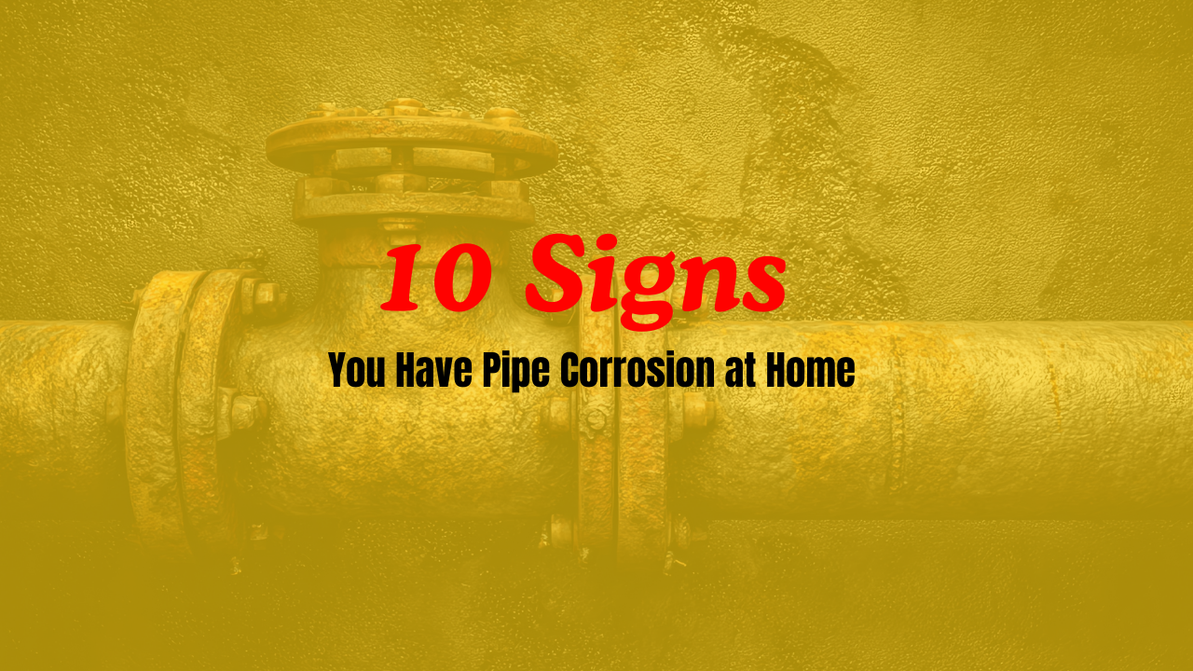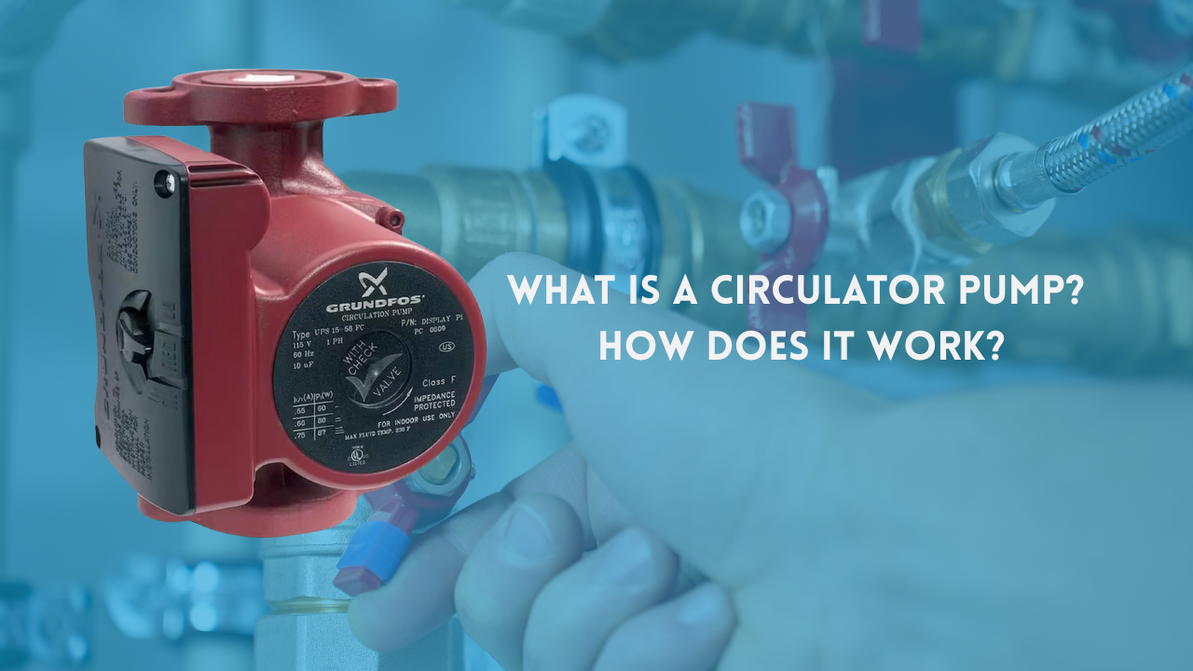How To Keep Your Commercial Boiler in Prime Condition
Keeping your commercial boiler in top shape is not optional for your business. A well-maintained boiler runs efficiently, lasts longer, and saves you money on repairs and energy bills. Plus, it helps you avoid the headaches that come with unexpected breakdowns and ensures your business meets safety regulations.
Think of your boiler as the heart of your operation—when it works well, everything else runs smoothly. Regular maintenance checks allow you to catch small issues before they become big, expensive problems. This proactive approach keeps your business humming along without costly interruptions.
Let’s review some practical insights on how to keep your commercial boiler in prime condition. By following these guidelines, you can keep your equipment running smoothly and your business thriving all year long.
Perform Regular Inspections
Frequent inspections form the cornerstone of effective boiler maintenance. Schedule these inspections on a monthly basis, at the very least. During each check, focus on identifying any signs of wear and tear, leaks, or unusual noises. Pay close attention to the condition of gaskets and seals, as they can deteriorate over time and lead to leaks.
Train your staff thoroughly so they can spot issues like rust, corrosion, or water stains, which often indicate underlying problems. Additionally, ensure the inspections include checking the combustion chamber and burner flames for proper color and intensity, as irregularities here can signal inefficiencies or potential safety hazards.
Manage Water Quality
The quality of the water circulating through your boiler plays a notable role in its longevity and efficiency. Hard water can cause scale buildup, which insulates heat transfer surfaces and forces the boiler to work harder, leading to higher energy consumption and premature wear.
To manage water quality, start by installing a water softener to treat incoming water. Regularly test the water’s hardness, pH levels, and presence of dissolved solids. Consider using chemical treatments like anti-scalants and oxygen scavengers to further mitigate the risk of scaling and corrosion. Maintain a log of water quality tests and treatment adjustments to track trends and ensure consistent water quality over time.
Clean the Boiler and Components
Accumulated dust, dirt, and debris can seriously throw off your boiler’s performance. Set up a routine cleaning schedule that includes both daily and more in-depth monthly cleanings.
Daily
Wipe down the exterior surfaces to remove dust and grime. At the same time, it’s wise to visually inspect the components for any signs of wear or other issues.
Monthly
Shut down the boiler so you can access interior components such as burners, heat exchangers, and flues. Use a soft brush or vacuum to remove soot and debris from these areas. For hard-to-reach spots, consider using compressed air to clear away debris.
Remember, keeping the heat exchanger clean is particularly important, as it plays a crucial role in efficient heat transfer. Also, inspect and clean the air intake and exhaust vents to ensure clear pathways for airflow, which is essential for combustion efficiency.
Check Controls and Safety Devices
Your boiler’s controls are vital for safe and efficient operation. Begin by testing the thermostat to ensure it accurately reflects the system’s temperature, allowing for precise control over heating operations. Inspect pressure gauges to verify they are reading within the normal range specified by the manufacturer. Check the low-water cutoff device to make sure it activates correctly, preventing the boiler from operating without sufficient water.
Safety valves are crucial for releasing excess pressure to avoid dangerous buildups; manually test these valves periodically to confirm they open and close properly. Any anomalies in these controls and safety devices should prompt immediate replacement or professional evaluation.
Lubricate Moving Parts
Friction between moving parts can lead to mechanical failures and reduced efficiency. Key components, such as pumps, fans, and motors, require regular lubrication to function smoothly.
Consult your boiler’s manual for the manufacturer’s recommendations on suitable lubricants and lubrication frequency. Typically, this task should be performed every three to six months, depending on usage. Apply the appropriate lubricant to bearings, motor shafts, and other moving parts to reduce friction and prevent wear.
Good To Know:
Over-lubrication can be just as harmful as under-lubrication, so be sure to use an appropriate amount.
Monitor System Pressure
Check your boiler system’s pressure every day, comparing readings against the manufacturer’s guidelines. If your boiler operates with a pressure gauge, note the normal operating range and keep an eye out for deviations.
Low pressure can result from leaks or insufficient water supply, leading to inadequate heating and potential damage to internal components. High pressure, on the other hand, might indicate blockages or faulty pressure relief valves, posing a risk of explosions. Install automatic pressure regulators and relief valves to help maintain consistent pressure levels.
Schedule Professional Servicing
While regular in-house inspections and maintenance certainly promote peace of mind, professional servicing adds another layer of assurance. Engage qualified technicians for thorough inspections at least once a year.
These professionals possess the expertise to perform comprehensive checks, including combustion analysis, flue gas analysis, and efficiency testing. They can identify subtle issues that may not be apparent during routine inspections.
Professional servicing typically includes:
- Cleaning and calibration of components
- Verification of safety devices
- A detailed report of findings and recommendations
Follow their advice on necessary repairs or adjustments to keep your wall-mounted boiler in peak condition and to ensure compliance with safety regulations.
Maintain Comprehensive Records
Keep a dedicated logbook or digital record that includes dates, tasks performed, parts replaced, and observations made during each maintenance activity. Documenting this information helps you track the history of your boiler, identify recurring issues, and plan future maintenance more effectively.
It also provides valuable insights for professional technicians during their service visits. Ensure that all staff involved in boiler maintenance contribute to and consult the log regularly. This organized approach not only aids in maintaining your boiler but also supports compliance with regulatory requirements and can be useful for warranty claims.
In order to keep your commercial boiler in prime condition, your job doesn’t end at ticking boxes on a maintenance checklist; it’s all about fostering a culture of proactive care. When you prioritize regular upkeep, you invest in the longevity and efficiency of your equipment. This investment pays off in the form of lower energy bills, fewer interruptions, and a safer working environment.
Think of your boiler as an integral part of your team. Just as you wouldn’t ignore the well-being of an employee, don’t overlook the health of your boiler. Take the time to train your staff, keep meticulous records, and don’t hesitate to call in the pros when needed. Remember, a well-maintained boiler is a silent partner in your business’s success, working tirelessly behind the scenes to keep things running smoothly.
So, next time you walk past that boiler room, take a moment to appreciate the vital role your commercial boiler plays. Give it the attention it deserves, and it will reward you with years of reliable service.

Recent Posts
-
What Causes Pipe Corrosion?
Pipe corrosion occurs when metal reacts with water, oxygen, and minerals over time. Factors that spe …Feb 2nd 2026 -
Commercial vs. Residential Plumbing: 15 Key Differences You Need to Know
Plumbing might seem straightforward at first glance, but residential and commercial systems are fund …Feb 2nd 2026 -
What Is a Circulator Pump and How Does It Work?
Water needs to keep moving efficiently in plumbing and HVAC systems, and that’s where a circulator p …Feb 2nd 2026





